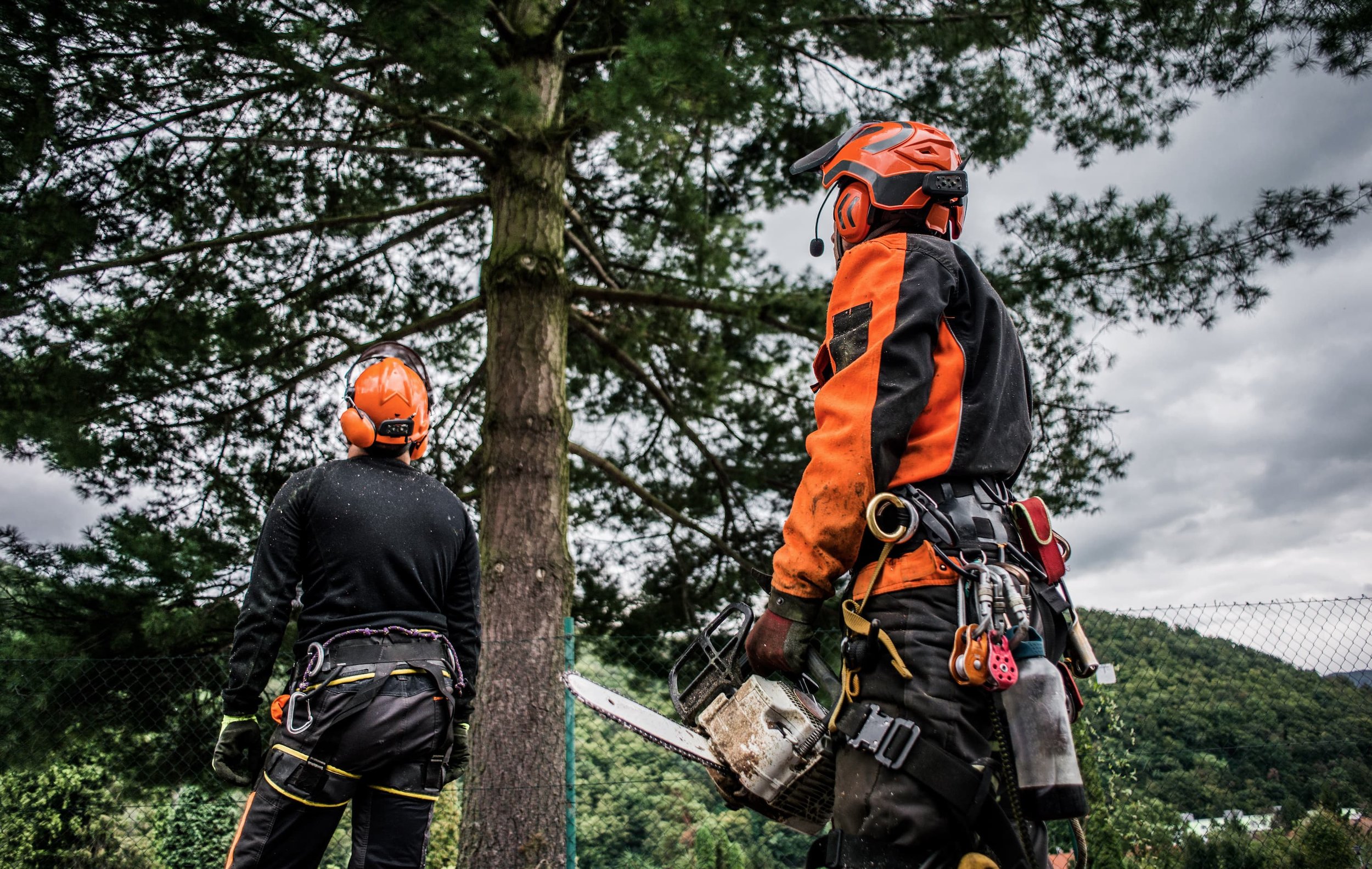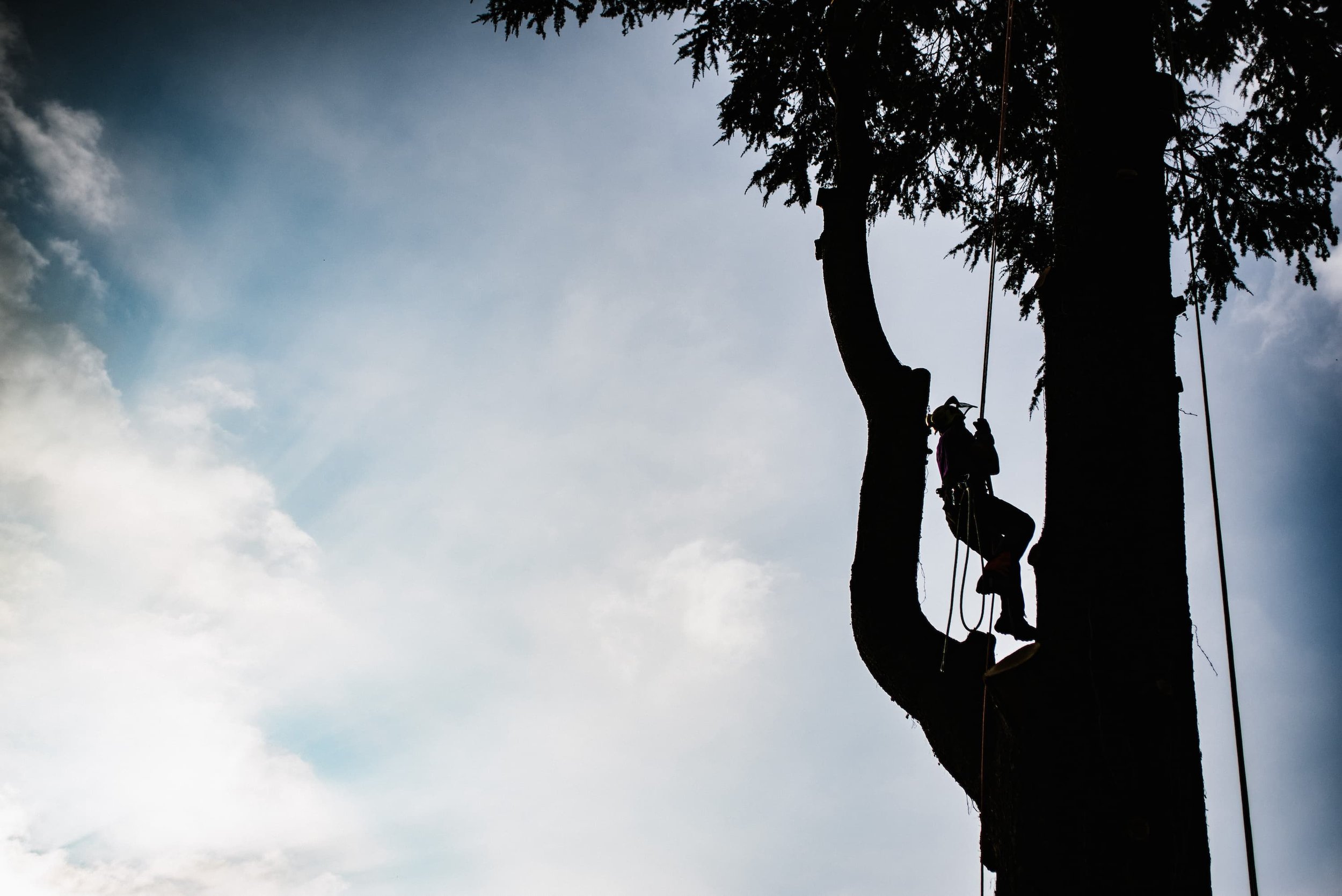Arborists Don’t Grow On Trees.
Industry skills shortages are at critical levels. In fact, the profession of ‘Arborist’ has for a long time been listed on the federal government’s critical Industry Skills Shortage list.
Secondary and tertiary education students considering future career paths or job seekers looking for their first (or next) trade job are not aware of the value and role that urban trees play in the community and the environment. Mention sparkies, plumbing or carpentry to the average person on the street and they immediately know what that role involves.
By contrast, the job title ‘Arborist’ is generally met with confusion and, at best, a vague idea that it has something to do with trees.
Being a certified Arborist or tree care worker are challenging but immensely rewarding roles that are in extremely high demand. However, as more governments and municipal authorities mandate the planting of millions more urban trees and dramatically expanding tree canopy coverage in our communities, the simple question is:
“Has anyone responsible for the introduction of trees into the landscape thought about who will continue to care for them in the future?”
Arborists don’t grow on trees. So we must grow our own, by raising awareness of this vital profession to attract the next generations of tree care professionals, while engaging government decision makers and industry stakeholders to significantly improve education and training.
Issues
-
National Critical Skills Shortage list (Priority Skills Needs list)
Arborist is one of 57 ‘occupations in national shortage’ in the top-most category on the National Skills Commission’s Priority Skills list –all occupations rated as having strong future demand.
Yet, ‘arborist’ struggles for prominence or promotion amid competition from more commonly-known careers and trades including electrician, child care worker or ICT roles.
Furthermore, despite government authorities planning for expanded tree coverage in urban landscapes, little genuine attention or investment is given to resourcing the ongoing management and maintenance of these critical, climate change/future-proofing public assets.
-
Training & education
While the training sector is reasonably well-resourced, the topic of trees – especially as a future lifelong career option – is all-but absent from the school education curriculum.
As education planners factor subjects like studying climate change into the school curriculum, by adding the world and work of trees – particularly as a key climate change mitigation tool – they can help raise the industry’s profile, amplify students’ interest in future careers as arborists and tree care workers and ultimately boosting the numbers of workers in the industry.
What’s more, help government authorities to achieve their tree canopy targets.
-
Industry (in)visibility
Arboriculture is a specialised, niche industry - a BIG niche with great engagement internally - but one which suffers from low prominence and little awareness among job seekers.
Key to helping government, business and society to meeting sustainability objectives and climate-proofing the planet will be successfully building and maintaining a pipeline of future workers for the industry.
Achieving this will mean industry and its stakeholders will have succeeded in lifting and promoting the industry’s profile and influence.
Industry Opportunities

In the Media
Follow the campaign as Australia’s mainstream news media and online and social media help spotlight awareness of the critical skills shortage.
-
Hear how Joy became an arborist with Citywide after years spent working as a secondary school teacher and how she juggles the demands of the job with family commitments:
(timecode: 10.25 – 21.33)
-
ABC - Arboriculture Australia director James Maund talks up the campaign in this story on the ABC:
-
3AW Radio - Matt Williams, a General Manager and trained arborist at Citywide, reinforces the industry shortages in an interview on Melbourne’s 3AW radio:
-
6PR Radio - Arboriculture Australia director James Maund tells Perth’s 6PR radio about the critical industry shortages:
-
Channel 7 News - Wild Melbourne wind storms throw spotlight on shortage of arborists
-
National Tree Day provides an opportunity to raise awareness of the arborist skills shortage as it might impact local government authorities
Social Media
Support the campaign’s advocacy efforts on social media by following, liking and sharing our content on your newsfeeds. Be sure to use the hashtag #arboristsdontgrowontrees to amplify the noise

Get in touch.
About the industry
Arboriculture is a diverse industry with numerous occupations and service lines, including electric line clearance, tree planting, pruning, pest and disease control, planning, auditing and monitoring, safety, risk management, chipping, stump grinding and root barriers.
Arboriculture AustraliaTM is the peak national body that represents professional tree workers, arborists, tree managers, urban forestry workers and utility vegetation managers across Australia and the Asia-Pacific region. Arboriculture AustraliaTM works in partnership with the various State and Territory industry bodies to improve our industry and promote the value of trees.
Arborists Don’t Grow on Trees is an initiative of Arboriculture Australia and member businesses.
